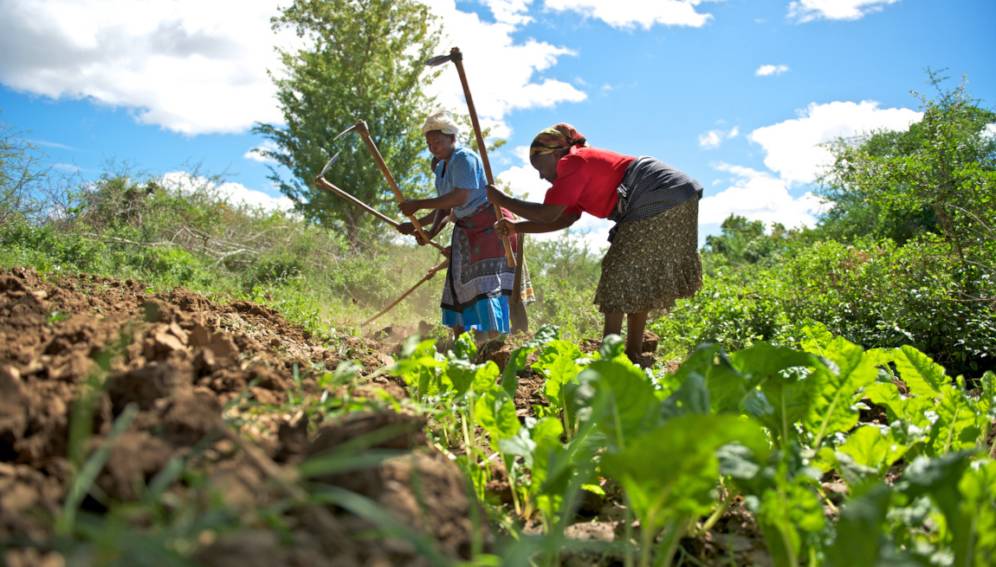Kenya has a rich biodiversity, with a wide range of ecosystems, wildlife, and plant species. This biodiversity is not only critical for conservation purposes but also for sustainable agriculture. Agricultural biodiversity, or agrobiodiversity, comprises variability and varieties of plants, animals, and microorganisms that are important in maintaining critical functions of the agricultural ecosystem. In Kenya, efforts to preserve and promote agrobiodiversity can provide numerous benefits for sustainable development.
One of the main benefits of agrobiodiversity in Kenya is an increased resilience to climate change and other environmental stresses. Kenya being a country that is highly vulnerable to climate change, with frequent droughts and other extreme weather events. By promoting diverse agriculture systems, farmers can reduce the risk of crop failure and ensure food security even in times of environmental stress.
Another benefit of agrobiodiversity in Kenya is improved nutrition. A diverse range of crops and livestock can provide a range of nutrients and micronutrients essential for human health. In Kenya, malnutrition remains a problem, with high rates of stunting and wasting among children under five. By promoting diverse agriculture systems, farmers can provide a range of nutritious foods to their communities, improving public health and reducing the burden of malnutrition.
Agrobiodiversity also supports in delivery of ecosystem services such as pollination, pest control, and soil health. In Kenya, many small-scale farmers rely on ecosystem services for their crops and livestock growth. By promoting diverse agriculture systems, farmers can enhance these services, improving soil health, increasing pollination, and reducing the need for chemical pesticides.
Cultural values are also an essential aspect of agrobiodiversity in Kenya. Many traditional crops and livestock breeds have cultural significance and are an important part of local knowledge and traditions. By promoting diverse agriculture systems, farmers can maintain cultural diversity and identity, and preserve traditional knowledge and practices.
Last but not least, agrobiodiversity can provide economic benefits for small-scale farmers. In Kenya, many farmers rely on subsistence agriculture for their livelihoods and face challenges such as low productivity, poor access to markets, and limited resources. By promoting diverse agriculture systems, farmers can generate income from a range of crops and livestock, reducing their dependence on a single commodity and improving their economic resilience.
Promoting and maintaining agrobiodiversity in Kenya can provide numerous benefits for sustainable development. By enhancing resilience, improving nutrition, supporting ecosystem services, maintaining cultural values, and providing economic benefits, agrobiodiversity can contribute to achieving the United Nations Sustainable Development Goals and support the long-term well-being of Kenyan communities.
